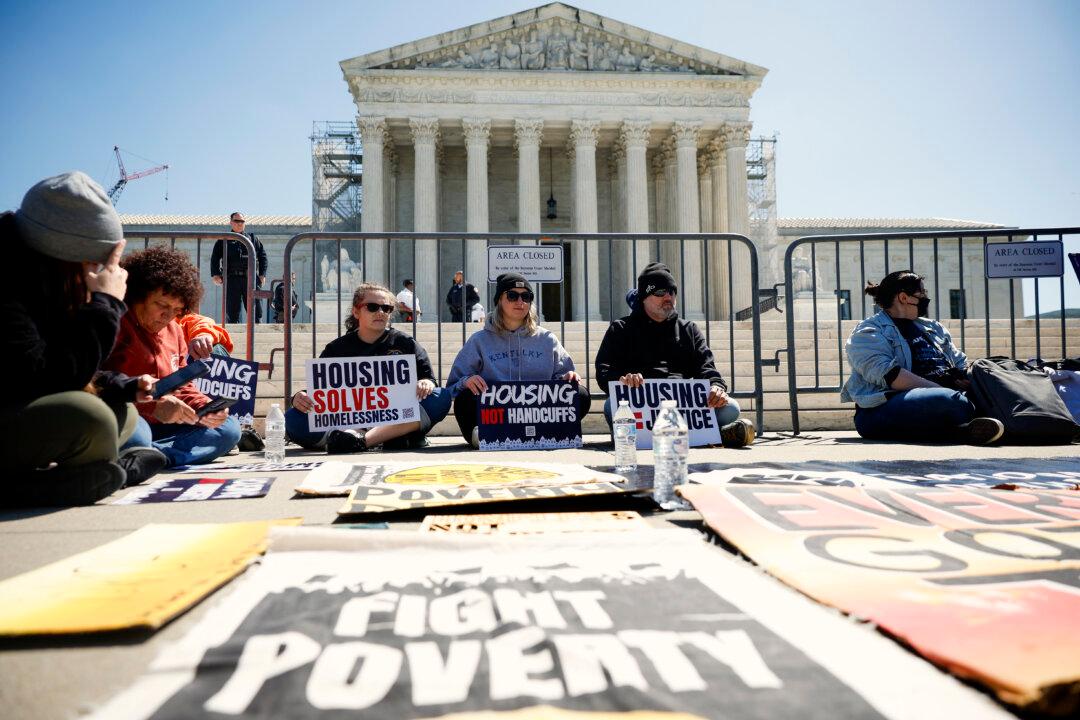I was recently bemoaning the fact that mens rea reform was not part of the various proposals that were being considered in the House and the Senate under the rubric of , and that what was really being discussed was criminal sentencing reform. Well, I need lament no longer. This week, significant mens rea reform bills were introduced in both the House and the Senate Judiciary Committees. Both bills would set a default mens rea standard for federal criminal laws that lack such a standard.
It’s about time. As I have previously written, there is a pressing need for such legislation. While sentencing reform addresses how long offenders should be incarcerated, mens rea reform addresses those who should not be convicted of crimes in the first place.
Mens rea, which is Latin for “guilty mind,” embodies the foundational principle that in order for a person to be guilty of a criminal act, the person must have acted with malicious intent.
Mens rea requirements represent perhaps the greatest bulwark against overcriminalization—that is, against the misuse and overuse of criminal penalties to address societal problems. As the Supreme Court of the United States said last term in Elonis v. United States, mens rea is what separates wrongful conduct from otherwise innocent conduct.
What Happens When There Are Too Many Laws
We say that “ignorance of the law is no excuse,” but, sadly, ignorance of the law is a reality. It has been estimated that there are nearly 5,000 federal criminal statutes and well over 300,000 federal criminal regulations (and, of course, each state also has its own set of criminal laws).
Nobody knows how many there are or what they all are—not even the federal government.
To make matters worse, many of these laws do not proscribe conduct that is inherently morally blameworthy. Rather, many of them criminalize activities that no reasonable person would think were wrong, such as transporting water hyacinths or walking a dog on a leash longer than six feet. Moreover, many of these laws contain weak mens rea requirements or, in some cases, no mens rea requirements at all.
This means that reasonable, otherwise law-abiding people can end up being convicted of crimes and deprived of their liberty—plus face a host of collateral consequences—for unwittingly committing unlawful acts that perhaps cause some harm, even though the person had no knowledge of the law and certainly no intent to violate it.
Criminal Code Improvement Act
The House mens rea bill—the Criminal Code Improvement Act of 2015—was introduced in the House Judiciary Committee on Monday by Rep. James Sensenbrenner (R-Wis.) and co-sponsored by Chairman Bob Goodlatte (R-Va.) and Rep. John Conyers (D-Mich).
The committee voted the bill out unanimously on Wednesday. The House bill provides that if Congress passes a criminal statute that omits a mens rea standard, the default standard that the government must prove is “knowing.”
The bill further provides that “if the offense consists of conduct that a reasonable person in the same or similar circumstances would not know, or would not have reason to believe, was unlawful, the Government must prove that the defendant knew, or had reason to believe, the conduct was unlawful.”
Mens Rea Reform Act
The Senate mens rea bill—the Mens Rea Reform Act of 2015—was introduced on Wednesday by Sen. Orrin Hatch (R-Utah), who has spoken eloquently on the subject, and co-sponsored by Senators Mike Lee (R-Utah), Ted Cruz (R-Texas), David Perdue (R-Ga.), and Rand Paul (R-Ky).
It provides that if Congress passes a criminal statute that omits a mens rea standard, the default standard that the government must prove is “willfully,” which the bill defines to mean “that the person acted with knowledge that the person’s conduct was unlawful.” The Senate bill also contains two exceptions.
First, if Congress makes clear in the statute itself that it “affirmatively intended not to require the Government to prove any state of mind with respect to such element,” then the default standard does not apply.
Second, if an offense “involves conduct which a reasonable person would know inherently poses an imminent and substantial danger to life or limb,” then the default does not apply, either.
Some groups on the left immediately went on the attack against these modest proposals.
Huffington Post Reaction
Shortly after the House bill was introduced, for instance, a senior political reporter for the Huffington Post declared that, if enacted, the House bill “would decriminalize a broad swath of corporate malfeasance, a move that injects white-collar crime issues into the thus-far bipartisan agenda on criminal justice reform.” The reporter further claimed that “[t]he House bill would eliminate a host of white-collar crimes where the damaging acts are merely reckless, negligent or grossly negligent. If enacted, it would make it more difficult for federal authorities to pursue executive wrongdoing, from financial fraud to environmental pollution.”
Such fear-mongering is patently and demonstrably untrue, and for a very simple reason: Negligence, recklessness, and gross negligence are all mens rea standards, so the default mens rea bill would not apply to any criminal statute that included those or similar terms.
What Mens Rea Is Really About
While I might personally favor more robust mens rea standards in criminal statutes and do not believe that, absent extraordinary circumstances, someone who merely acted negligently and inadvertently caused some harm should be branded a criminal, that is totally beside the point. The statute simply wouldn’t apply in the circumstances noted in the Huffington Post article.
While an exacting review of existing laws is needed to ensure that the mens rea standards in each of our criminal laws are appropriate and truly distinguish between those who act with a bad intent and those who merely make a mistake, a default mens rea bill is far more modest. It merely calls for the insertion of a “default” standard whenever Congress passes a criminal statute without including a mens rea element, unless Congress makes clear in the statute itself that the omission of such a standard was intentional. If Congress makes clear that it wishes to create a crime with no mens rea element (in other words, a strict liability crime), then so be it.




